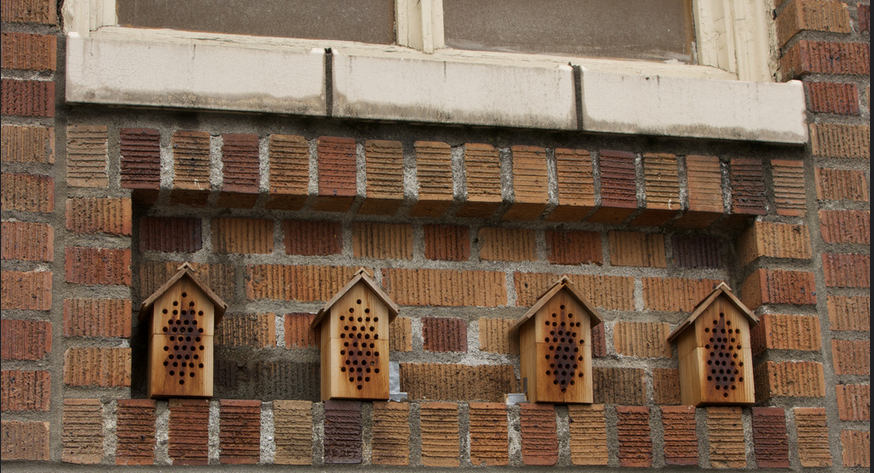THE CITY OF THIS LADY: A BOOK BLOG



Edo period, 18th-19th c., color on paper: Tokyo National Museum
Avast! Here be spoilers!
I loved this book. But this isn’t about my feelings; this is about how Melville wrote a truly radical book, a book that turns the world upside-down, one of the Best. Books. Ever.
Moby Dick begins as the story of a fastidious Yankee schoolmaster who signs onto a whaling voyage but finds himself in the realm of topsy-turvy. At first he is terrified and disgusted by his boarding house’s filth and by his bedmate, Queequeg, a South Pacific cannibal, idolater, and tattooed guy. But Queequeg’s affection, integrity, and bravery destroy many of our whaler’s prejudices about race, nation, religion, and relationships between men: “Thus, then, in our hearts’ honeymoon, lay I and Queequeg—a cosy, loving pair.” He even consents to worship Queequeg’s little carved idol Yojo: after all, if his own Presbyterianism demands that he do unto others blah blah blah, and if he would have Queequeg join his own faith, “Consequently, I must then unite with him in his; ergo, I must turn idolator.” So far this is all charming, funny, and slyly subversive. But Melville’s project seeks to upset even more fundamental prejudices about humans, nature, and God: that these categories exist in hierarchy, that they are not interchangeable, and that they possess any discrete characteristics at all.
Continue reading

Photo: by Alan
This book is marvelous. Humane, beautifully observed, and funny! Full of wonderfully crafted sentences and paragraphs, such a work. All about love and family and marriage and houses and communities and time, but I’ll pick out these two excerpts on America.
From “envy #2”:
The colonists on the ship that brought the first honey-bees to the New World suffered a worse passage than all other colonists. In addition to everything–stenches, storms, sunburns, hunger, thirst, constipation, nostalgia, insomnia, uncertainty, cold moons on black waters, the desperate yearning for sugar, the infuriating weight of one’s body, its tyrannical needs, how heavily it moors one to the stinking wooden boards,preventing one from experiencing other, more abstract desires–they’re subjected to bee-stings, most earthbound and gardenbound of sufferings, a pain historically mitigated by the aroma of peaches, grass, dirt, roses, usually forgotten by the time the sunbeams turn to honey, warmly recalled as the worst mishap of a perfect day (and anyhow aren’t honeybees responsible for peaches, roses, the metaphor of honey?), but there’s nothing in this waterbound world to mitigate the pain, and so they howl, howl until gender and age vanish and each becomes just a creature, howling. Meanwhile, a tiny golden carcass falls to the salty boards.